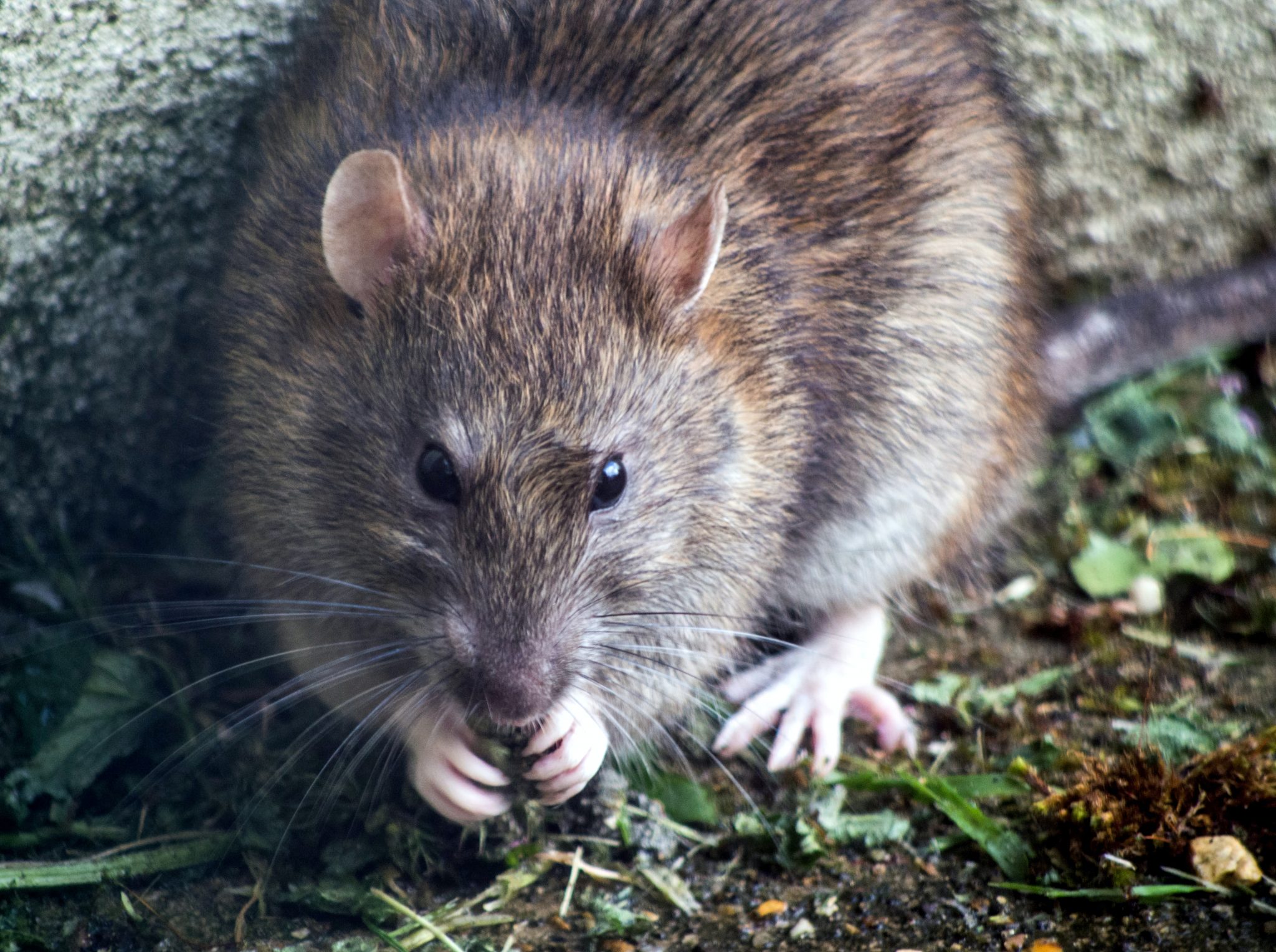If you’ve ever had rats in your home, you know it’s a problem that is at least easy to identify. They may keep you awake at night while they’re running around and nibbling on all your things, or you might spot a pile of rat droppings, for example. But what happens when rats decide to make their home in your garden?
We’ve put together a guide that you can follow if you believe you have a rat infestation in your garden, including how to identify a rat problem and methods to deter and remove them.
Signs of rats in your garden
Rats are notoriously stealthy creatures. They will do their best to hide from you and protect themselves, which is unfortunate for you if you’re trying to find them! Of course, spotting a rat in your garden with your own eyes is an easy way to identify their presence, but this is highly unlikely. So instead, you can look out for these signs listed below:
- Droppings. Unlike squirrels who will defecate in the same spot, rats will instead spread their faeces around as much as possible to mark their territory. However, you can almost guarantee that they won’t be out in the open, staring you in the face. Think like a rat and examine sheltered areas for the presence of rat droppings.
- Footprints. Unless they’re asleep, rats are constantly on the move. This is excellent news for you as it means that they leave lots of tiny little footprints everywhere. Examine flowerbeds and soil for the imprints of little feet to identify your rat problem. It may be somewhat challenging to see the footprints in the dark soil, so as an alternative method, you can try laying down a layer of a substance that is easier to see – like flour.
- Burrows. Check flowerbeds for holes and burrows, as rats are known for their digging abilities. They will either create these burrows for shelter or use them as storage spots for their food collection.
- Bite marks. Rats will chew through anything they can get their hands on. Examine your storage boxes, plastic covering sheets and wooden benches etc., for tiny teeth marks. Also, pay careful attention to your garden shed and waste storage points if you have them, as they will most likely contain food sources, making it an extra special treat for the rats to chew on.
If you’ve noticed any of these signs in your garden, you need to act immediately before the rats cause more damage. One option is to contact your local pest controller for their rodent removal services. Or, if you love DIY alternatives, we recommend visiting a pest control supplier who stocks a wide range of rodent control options – www.1env.com are an ideal choice.
Deterrents
If your garden isn’t already home to rats, then there are several things you can do to prevent them from taking over. However, it is important to remember that these are deterrents and not solutions to an infestation.
- Remove water sources. Rats, unlike mice, need a constant supply of water to survive. Therefore, they will look for areas with a leaky garden tap or a water feature. Removing items like these means removing their potential water source, thereby eliminating your home from their list of possible options.
- Tidy up. Overgrown plants and shrubbery provide the perfect hiding place for rats in your garden. Keep your lawns neatly mowed, trim the bushes and weed your garden to help deter the pests.
- Remove your bird feeder. Unfortunately, bird feeders can act like a big sign for rats saying, “come and stay here!”. They are an easy and consistent source of food for rodents, so removing them will help to keep them at bay. If you’re a big bird fan and can’t bear to ditch the feeder, then opt for a rodent-proof feeder; they may be slightly more expensive but can save you a lot of hassle down the line.
- Get rid of those fruit trees. Fruit trees and other plants are a natural food source for rats. Taking these away will help to deter the creatures while also removing available shelter. If you daren’t get rid of your prized pear tree, or removal is simply not an option in your case, then you will need to make sure that any fallen fruit is swiftly cleared away. Fallen fruit is an easy target for all pests, not just rodents, so be sure to clean them up regularly.
- Secure your bins. Bins and composters are another source of food that rats will be drawn to. Ensure that your waste storage containers are sealed; secure them with a lid that rats cannot easily remove. Also, if possible, use metal containers rather than plastic ones; rats will chew through wheelie bins to get to their next meal.
Try these tips to keep rats out of your garden! If you’re unfortunate enough to have rats in your home, why not check out our article with 8 tips for getting rid of pests in your house.


